Physical Address
304 North Cardinal St.
Dorchester Center, MA 02124
Physical Address
304 North Cardinal St.
Dorchester Center, MA 02124
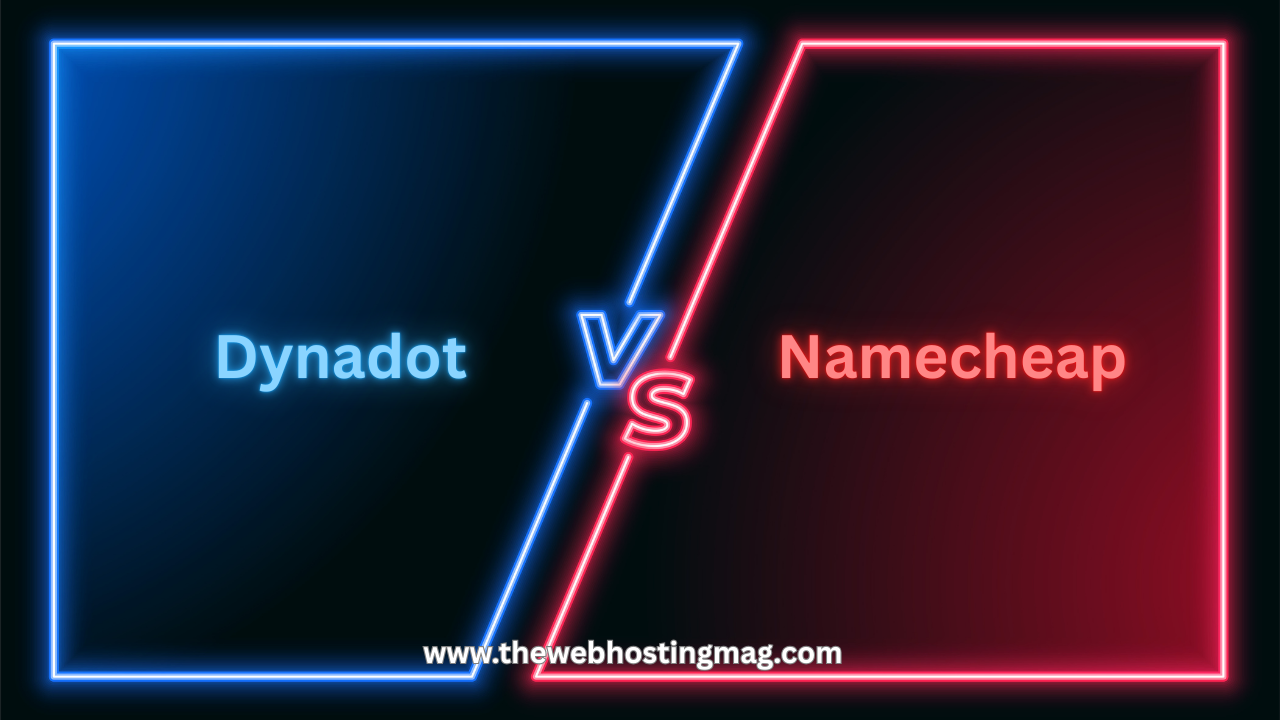
Dynadot vs Namecheap which domain registrar is the better choice? In this detailed comparison, we’ll break down everything you need to know about these two popular platforms. Whether you’re a beginner or an experienced website owner, choosing the right registrar is essential for seamless domain management. From pricing to customer support, we’ll analyze key features to help you make the best decision. Keep reading to find out which one suits your needs!

In this comparison of Dynadot vs Namecheap, we’ve explored key aspects like pricing, domain management tools, customer support, DNS performance, and more. Both registrars offer reliable services, but each has its strengths depending on your specific needs:
Ultimately, your decision comes down to what you value most: simplicity and low cost (Dynadot) or comprehensive features and stellar support (Namecheap). Both are reputable, and choosing the right one for your needs will set you up for success in managing your online presence.
When choosing a domain registrar, it’s essential to understand the company behind the service. Both Dynadot and Namecheap have been in the domain industry for years, offering domain registration, hosting, and various online services. Below is a detailed look at each company, their history, and what they bring to the table.

Founded in 2002, Dynadot is a privately owned domain registrar and web services company based in San Mateo, California. It has built a reputation for offering competitive pricing, robust domain management tools, and a clean, user-friendly interface.
Dynadot stands out for:
One of Dynadot’s key advantages is its focus on domain investors and tech-savvy users, offering features like grace deletion (a refund window for accidental registrations) and auction platforms for buying and selling domains.
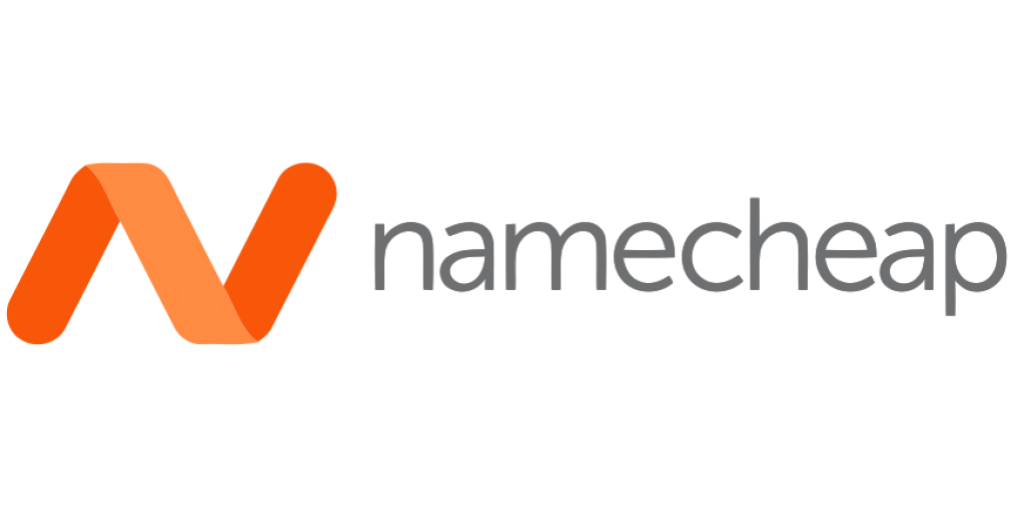
Established in 2000, Namecheap is a well-known domain registrar headquartered in Phoenix, Arizona. It has grown into one of the most popular registrars, managing over 16 million domains worldwide. Namecheap is widely recognized for its affordable pricing, excellent customer support, and additional web services, including hosting and security products.
Namecheap’s highlights include:
Unlike Dynadot, Namecheap is more than just a domain registrar—it has expanded into web hosting, email services, and security solutions, making it a one-stop shop for individuals and businesses looking to establish an online presence.
Both Dynadot and Namecheap have strong reputations, but they cater to slightly different audiences. Dynadot is a great choice for domain investors and tech-savvy users who need advanced management tools, while Namecheap is ideal for beginners and businesses looking for an all-in-one solution with domain registration and hosting services.
Next, we’ll compare their pricing & domain registration costs to help you decide which registrar offers the best value. 🚀
Pricing is a critical factor when choosing between Dynadot and Namecheap. While both registrars offer competitive rates, their pricing structures, renewal costs, and discounts can vary significantly. Below is a breakdown of their domain registration costs and overall value.
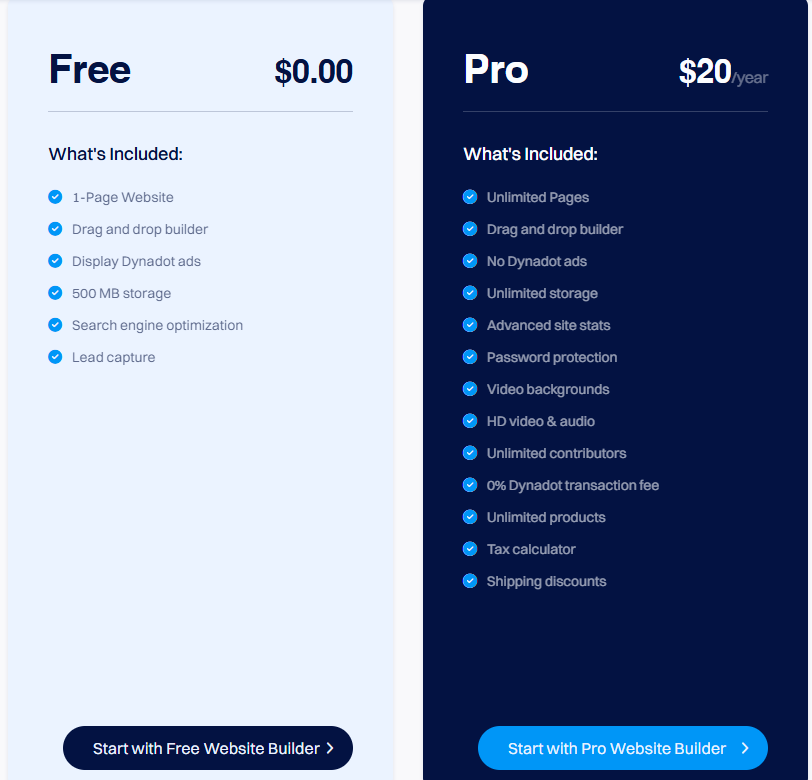
Dynadot is known for its transparent pricing and often lower base rates compared to Namecheap. Unlike some registrars that lure customers with low first-year prices and high renewal fees, Dynadot maintains relatively stable pricing.
Here’s an overview of Dynadot’s domain pricing:
| TLD | Registration | Renewal | Transfer | WHOIS Privacy |
|---|---|---|---|---|
| .com | $9.99/yr | $9.99/yr | $9.99 | Free |
| .net | $10.99/yr | $10.99/yr | $10.99 | Free |
| .org | $8.99/yr | $8.99/yr | $8.99 | Free |
🔹 Key Pricing Advantages:
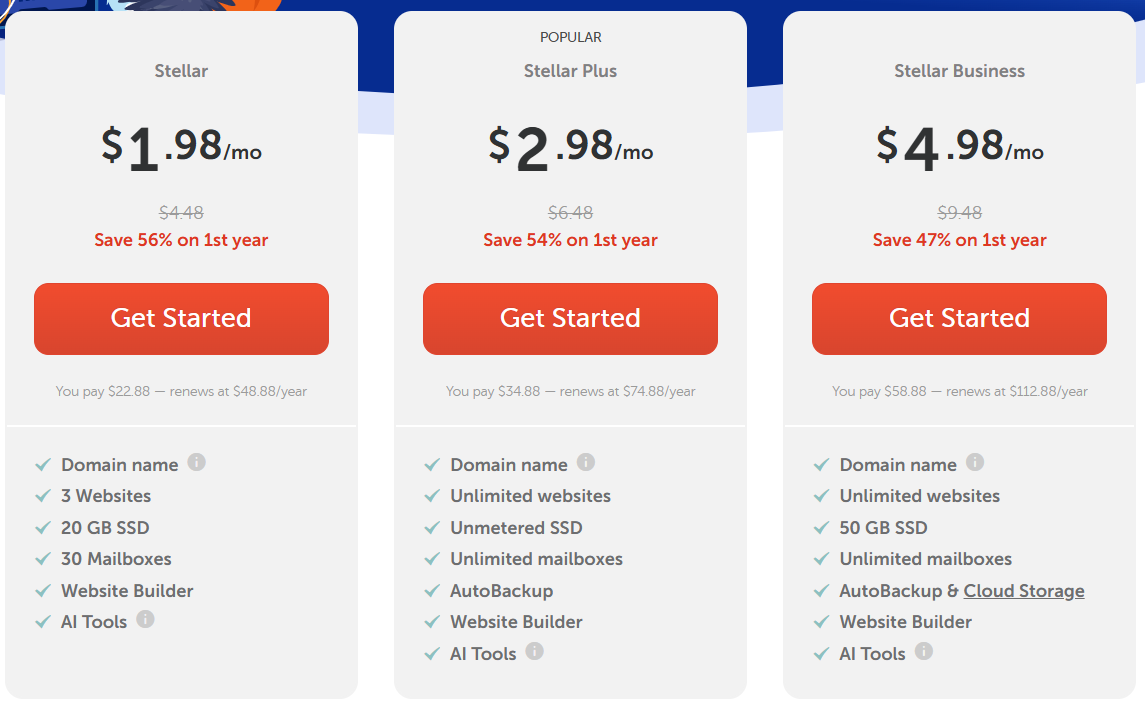
Namecheap is well known for its budget-friendly first-year promotions and ongoing discounts, but renewal prices can be slightly higher than Dynadot’s. However, they still remain competitive in the industry.
Here’s an overview of Namecheap’s domain pricing:
| TLD | Registration (First Year) | Renewal | Transfer | WHOIS Privacy |
|---|---|---|---|---|
| .com | $5.98/yr (promo) | $14.98/yr | $12.98 | Free |
| .net | $10.98/yr | $14.98/yr | $12.98 | Free |
| .org | $8.98/yr | $14.98/yr | $12.98 | Free |
🔹 Key Pricing Advantages:
One of the biggest differences between Dynadot and Namecheap is their renewal pricing. While Dynadot keeps renewal prices the same as the initial registration, Namecheap offers low first-year prices but higher renewals. If you’re buying a domain for the long term, Dynadot may offer better overall savings.
For domain investors and bulk buyers, Dynadot’s bulk pricing and lower renewal rates make it the smarter option. For casual buyers and small business owners, Namecheap’s frequent discounts and bundled services could be more appealing.
Next, we’ll compare the domain transfer process to see which registrar makes it easier and more affordable to move your domains. 🚀

Transferring a domain from one registrar to another can be a critical factor when choosing between Dynadot and Namecheap. Whether you’re consolidating domains under one provider or looking for better pricing and features, understanding how each registrar handles transfers is essential.
Dynadot makes domain transfers simple and affordable, with a flat fee for most TLDs. The process is straightforward:
✅ How to Transfer a Domain to Dynadot:
🔹 Dynadot Transfer Fees (Includes 1-Year Renewal):
| TLD | Transfer Cost | Free WHOIS Privacy? |
|---|---|---|
| .com | $9.99 | ✅ Yes |
| .net | $10.99 | ✅ Yes |
| .org | $8.99 | ✅ Yes |
🔹 Key Transfer Benefits with Dynadot:
Dynadot is an excellent option if you want a cost-effective transfer process with stable renewal pricing.
Namecheap also offers a smooth and user-friendly transfer process, often with discounts on first-time transfers.
✅ How to Transfer a Domain to Namecheap:
🔹 Namecheap Transfer Fees (Includes 1-Year Renewal):
| TLD | Transfer Cost | Free WHOIS Privacy? |
|---|---|---|
| .com | $11.48 | ✅ Yes |
| .net | $12.98 | ✅ Yes |
| .org | $10.98 | ✅ Yes |
🔹 Key Transfer Benefits with Namecheap:
One of Namecheap’s strengths is its user-friendly interface, which simplifies domain management after the transfer.
| Feature | Dynadot | Namecheap |
|---|---|---|
| Transfer Pricing | ✅ Lower standard rates | ❌ Slightly higher for some TLDs |
| Free WHOIS Privacy | ✅ Yes | ✅ Yes |
| Transfer Discounts | ❌ Rarely | ✅ Frequent promo codes |
| Transfer Process Speed | ✅ 5-7 days | ✅ 5-7 days |
| Refund for Failed Transfers | ✅ Yes (for certain TLDs) | ❌ No |
👉 Best for Cost-Conscious Users: Dynadot (Lower transfer fees and consistent renewal rates).
👉 Best for First-Time Transfers: Namecheap (Frequent promotions and a beginner-friendly dashboard).
If you’re transferring multiple domains and want cheaper long-term renewals, Dynadot is the better choice. If you’re looking for one-time transfer deals and easy DNS management, Namecheap might be the way to go.
Next, we’ll compare User Interface & Ease of Use to see which platform offers a better experience for managing domains. 🚀

A domain registrar’s user interface plays a crucial role in how easy it is to search for, register, transfer, and manage domains. Whether you’re a beginner or an advanced user, having a smooth and intuitive experience can save time and frustration. Let’s compare Dynadot and Namecheap based on their dashboard design, navigation, and domain management features.
Dynadot’s user interface is clean, fast, and straightforward, with a focus on functionality over flashy design. While it may not have as many visual elements as Namecheap, it provides powerful tools for those who manage multiple domains.
✅ Minimalist Dashboard – A clean layout with easy access to domain management tools.
✅ Quick Domain Search – Fast and accurate domain availability checks.
✅ Bulk Domain Management – Ideal for investors handling large domain portfolios.
✅ Advanced DNS Controls – Granular settings for domain forwarding, parking, and DNS records.
✅ Mobile-Friendly Design – Works well on mobile but lacks a dedicated app.
🔹 Pros:
🔹 Cons:
Namecheap’s interface is designed for ease of use, making it one of the most beginner-friendly domain registrars. It combines a visually appealing dashboard with well-organized navigation, making domain and hosting management seamless.
✅ Modern & Intuitive Design – A clean and visually appealing dashboard.
✅ Easy Domain Search & Filtering – Quickly find domains with filtering options.
✅ One-Click DNS & Hosting Setup – Ideal for beginners setting up websites.
✅ Integrated Services – Manage hosting, email, and security tools from one place.
✅ Mobile App – A dedicated app for managing domains on the go.
🔹 Pros:
🔹 Cons:
| Feature | Dynadot | Namecheap |
|---|---|---|
| Beginner-Friendliness | ❌ Moderate (better for experienced users) | ✅ Very easy for beginners |
| Dashboard Design | ✅ Simple & clutter-free | ✅ Modern & visually appealing |
| Bulk Domain Management | ✅ Advanced tools | ❌ Limited compared to Dynadot |
| DNS Management | ✅ Advanced settings | ✅ Easy one-click setup |
| Mobile App | ❌ No dedicated app | ✅ Yes (Android & iOS) |
👉 Best for Domain Investors & Advanced Users: Dynadot (Minimalist interface, bulk tools, fast propagation).
👉 Best for Beginners & Business Owners: Namecheap (User-friendly, modern design, easy integration with hosting).
If you prioritize speed, bulk tools, and advanced settings, Dynadot is the way to go. If you prefer a modern, beginner-friendly experience with integrated services, Namecheap is the better choice.
Next, let’s compare Customer Support & Service Quality to see which registrar provides better assistance when you need it. 🚀
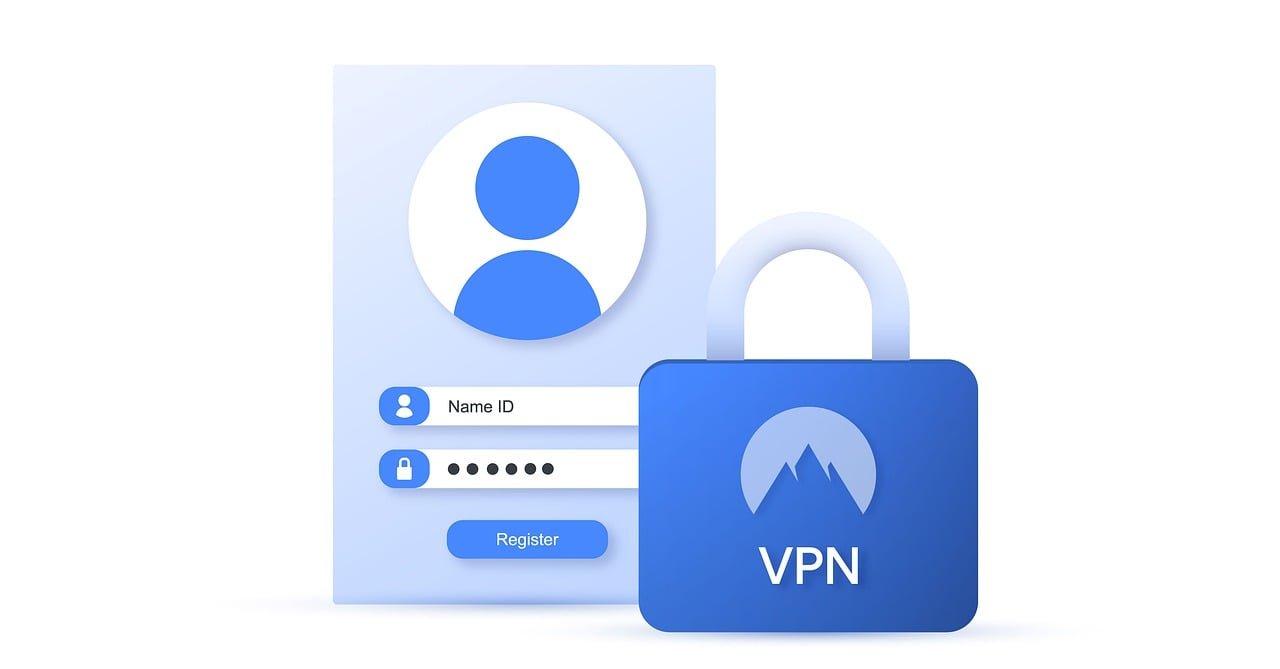
When choosing a domain registrar, privacy and security are crucial factors to consider. Protecting your personal information from spammers and cyber threats, along with securing your domain from unauthorized access, ensures peace of mind. Let’s compare how Dynadot and Namecheap handle domain privacy and security.
Dynadot offers free WHOIS privacy with all eligible domains, meaning your personal details (name, email, phone number) stay hidden from public WHOIS databases. This prevents spam, phishing attempts, and unwanted solicitations.
✅ Free WHOIS Privacy Protection – Included with all eligible domain purchases and transfers.
✅ Two-Factor Authentication (2FA) – Extra layer of security for account access.
✅ Account Locking – Prevents unauthorized domain transfers.
✅ IP Lock – Restricts login access based on specific IP addresses.
✅ Grace Deletions – Ability to cancel and get a refund on certain domain registrations within a short window.
🔹 Pros:
🔹 Cons:
Namecheap is well known for offering free domain privacy for life through its WhoisGuard service, ensuring that your personal information is never exposed in WHOIS lookups.
✅ Free WhoisGuard Privacy Protection – Included for life with every domain.
✅ Two-Factor Authentication (2FA) – Available via SMS and authentication apps.
✅ Domain Locking – Prevents unauthorized transfers.
✅ Premium DNS (Extra Cost) – Enhanced security and faster domain resolution.
✅ Auto-Renewal Protection – Ensures your domains don’t expire unexpectedly.
🔹 Pros:
🔹 Cons:
| Feature | Dynadot | Namecheap |
|---|---|---|
| Free WHOIS Privacy | ✅ Yes (Forever) | ✅ Yes (WhoisGuard for life) |
| Two-Factor Authentication (2FA) | ✅ Yes | ✅ Yes |
| Domain Locking | ✅ Yes | ✅ Yes |
| IP Locking | ✅ Yes | ❌ No |
| Premium DNS | ❌ No (Only standard DNS) | ✅ Yes (Paid upgrade) |
| Grace Deletions | ✅ Yes (For some TLDs) | ❌ No |
👉 Best for Advanced Security Features: Dynadot (IP Locking & Grace Deletions).
👉 Best for Easy & Lifetime Privacy: Namecheap (WhoisGuard & Simple Security Setup).
If you want extra security layers like IP locking and grace deletions, Dynadot is a strong choice. If you prefer a hassle-free privacy solution included for life, Namecheap is an excellent option.
Next, we’ll compare Customer Support & Service Quality to see which provider offers better assistance when needed. 🚀

Reliable customer support can make a huge difference when managing domains, especially if issues arise with registrations, transfers, renewals, or security settings. Let’s compare how Dynadot and Namecheap handle customer service in terms of availability, response time, and support channels.
Dynadot provides solid customer support, but it doesn’t have as many contact options as Namecheap. They primarily focus on email and live chat support, with no phone support available.
✅ Live Chat Support – Available 24/7 for quick assistance.
✅ Email Support – Responsive and knowledgeable, but slightly slower than live chat.
✅ Help Center & Knowledge Base – Well-organized guides for self-help.
✅ Community Forum – Users can discuss issues and solutions with each other.
🔹 Pros:
🔹 Cons:
Namecheap is well-known for its high-quality customer support, offering multiple ways to get help. Their live chat support is among the best in the industry, and they also provide ticket-based email support for more complex issues.
✅ Live Chat Support – Available 24/7, with fast response times.
✅ Email/Ticket Support – Detailed assistance for technical issues.
✅ Extensive Knowledge Base – Hundreds of self-help guides.
✅ Namecheap Status Page – Real-time updates on server issues or outages.
✅ Phone Support – Not available, but live chat is a strong alternative.
🔹 Pros:
🔹 Cons:
| Feature | Dynadot | Namecheap |
|---|---|---|
| 24/7 Live Chat | ✅ Yes | ✅ Yes |
| Email/Ticket Support | ✅ Yes | ✅ Yes |
| Phone Support | ❌ No | ❌ No |
| Knowledge Base | ✅ Yes | ✅ Yes (Extensive) |
| Community Forum | ✅ Yes | ❌ No |
| Response Speed | ⚡ Moderate | ⚡⚡ Fast |
👉 Best for Quick & Responsive Support: Namecheap (Fastest live chat, detailed knowledge base).
👉 Best for Self-Help & Community Discussions: Dynadot (Forum + help center).
If you want faster live chat response times and a more extensive knowledge base, Namecheap is the better choice. If you prefer a more self-service approach with a community-driven support system, Dynadot is a solid option.
Next, let’s compare Additional Features & Services to see what extras each registrar offers. 🚀

If you’re looking to buy or sell domains beyond just registering them, both Dynadot and Namecheap offer marketplace and auction services where users can list domains for sale, bid on domains, and potentially acquire valuable web addresses. While these platforms have similar offerings, they vary in terms of features, ease of use, and the types of opportunities available. Let’s take a closer look.
Dynadot offers a domain marketplace where users can list and buy domains, but it’s not as expansive as Namecheap’s in terms of auctions. However, Dynadot’s auction system is user-friendly and accessible, especially for those looking to sell domains they no longer need.
✅ Domain Marketplace – Allows you to buy and sell domains directly.
✅ Domain Auctions – List domains for auction or bid on others.
✅ Domain Appraisal – Get an estimated value for your domains.
✅ Fixed-Price Sales – Option to list domains at a set price for quick sales.
✅ Bulk Listings – List multiple domains for sale or auction at once.
🔹 Pros:
🔹 Cons:
Namecheap is known for its robust domain marketplace and auction platform, offering a wider variety of domains for sale. Whether you’re looking to purchase a high-value domain or sell a domain in a competitive auction, Namecheap has extensive resources to facilitate these transactions.
✅ Domain Marketplace – Buy and sell domains through a secure platform.
✅ Auction Listings – Bid on domains in the auction or list your own for auction.
✅ Buy-It-Now Option – Set a fixed price for quick sales.
✅ Premium Domains – Access to a selection of premium domain names.
✅ Domain Transfer Service – Easy transfer of domains from one account to another.
✅ Domain Appraisals – Get estimated domain values to assist with pricing.
🔹 Pros:
🔹 Cons:
| Feature | Dynadot | Namecheap |
|---|---|---|
| Domain Marketplace | ✅ Yes | ✅ Yes |
| Domain Auctions | ✅ Yes | ✅ Yes |
| Buy-It-Now Option | ❌ No | ✅ Yes |
| Premium Domains | ❌ No | ✅ Yes |
| Bulk Listings | ✅ Yes | ❌ No |
| Domain Appraisal | ✅ Yes | ✅ Yes |
| Listing Fees | ✅ Lower | ✅ Higher (for premium domains) |
👉 Best for Simplicity & Low-Cost Listings: Dynadot (Affordable listing fees and bulk sales options).
👉 Best for Premium Domains & Competitive Auctions: Namecheap (Larger marketplace and access to premium domains).
If you’re simply looking to list a domain or two, Dynadot offers an easy-to-use and cost-effective option for selling or bidding. However, if you’re looking for premium domains, a larger marketplace, or competitive auctions, Namecheap is the better choice with more features designed for serious domain buyers and sellers.
Next, we’ll discuss Reputation & User Reviews to evaluate real experiences with each platform. 🚀
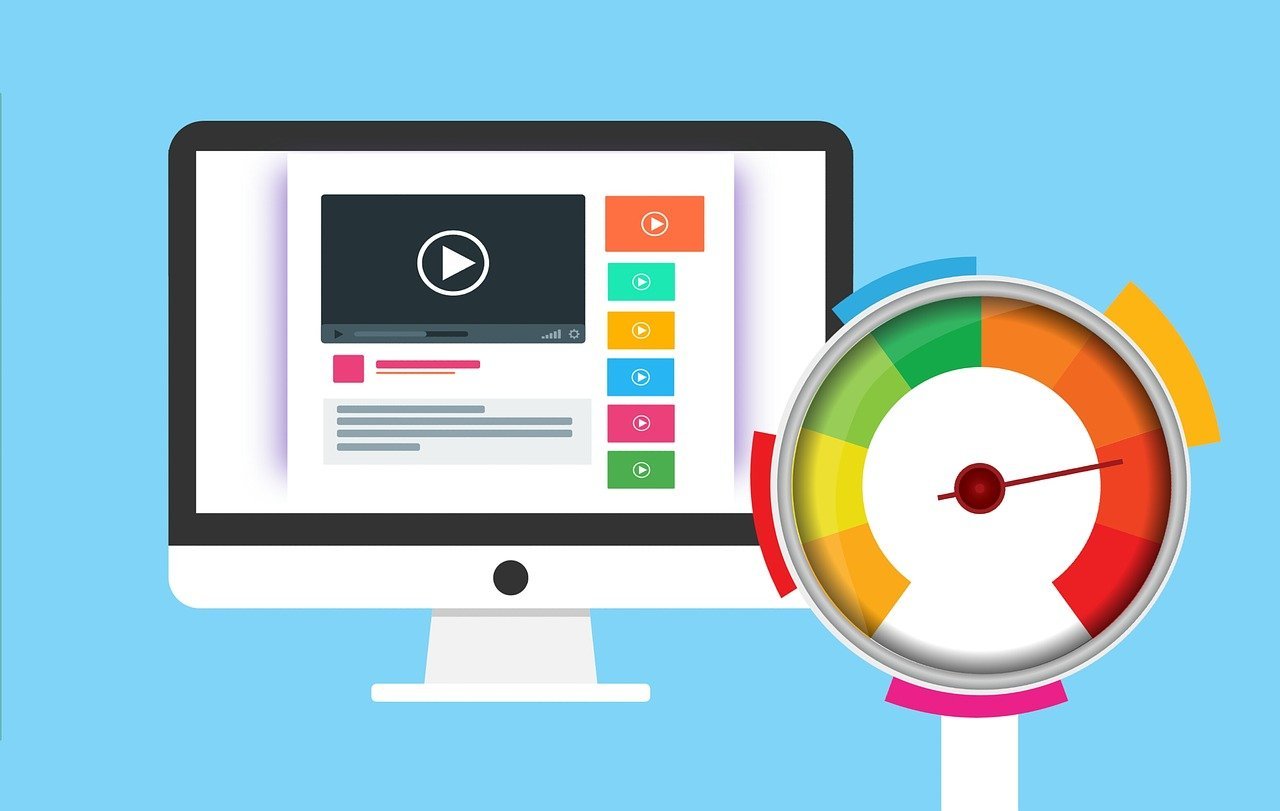
When choosing a domain registrar, one of the most important factors to consider is uptime and performance. While domain registrars don’t directly control website performance (that’s the job of your hosting provider), they do influence how well your domain’s DNS (Domain Name System) resolves and how quickly it connects to the necessary resources. Let’s compare how Dynadot and Namecheap stack up in terms of uptime reliability and performance.
Dynadot is recognized for offering high uptime and reliable performance for both domain registration and DNS services. As a registrar, they provide solid infrastructure to ensure your domain functions smoothly.
✅ 99.9% Uptime Guarantee – Dynadot promises minimal downtime for your domain and DNS services.
✅ DNS Performance – Their DNS resolution is fast, providing quick connections to websites and email services.
✅ Anycast DNS – Distributes DNS across multiple data centers, ensuring speed and stability worldwide.
✅ Domain Propagation Speed – Quick domain propagation times, usually under an hour, ensuring that changes to your DNS settings take effect swiftly.
🔹 Pros:
🔹 Cons:
Namecheap also delivers outstanding uptime and performance for domains. Their DNS services are optimized for both speed and reliability, offering high availability for your domain.
✅ 99.9% Uptime Guarantee – Namecheap ensures that your domains are reliably available with minimal interruptions.
✅ DNS Speed – Their DNS services resolve quickly, ensuring that websites and services connected to the domain perform optimally.
✅ Anycast DNS – Like Dynadot, Namecheap uses Anycast DNS to improve the speed and reliability of its DNS system.
✅ Global Coverage – Namecheap’s servers are globally distributed to maintain high-speed resolution for users around the world.
✅ Real-Time DNS Monitoring – Namecheap monitors DNS performance in real-time to ensure continuous uptime.
🔹 Pros:
🔹 Cons:
| Feature | Dynadot | Namecheap |
|---|---|---|
| Uptime Guarantee | ✅ 99.9% | ✅ 99.9% |
| DNS Speed | ✅ Fast | ✅ Fast |
| Anycast DNS | ✅ Yes | ✅ Yes |
| Global Server Network | ✅ Yes | ✅ Yes |
| DNS Propagation Speed | ✅ Typically under 1 hour | ✅ Typically under 1 hour |
| Real-Time Monitoring | ❌ No | ✅ Yes |
👉 Best for Stable Performance & Speed: Both Dynadot and Namecheap offer very similar uptime and DNS performance, ensuring that your domains will function reliably.
👉 Best for Real-Time DNS Monitoring: Namecheap offers real-time DNS monitoring to ensure quicker resolutions for any DNS-related issues.
Both registrars offer top-notch uptime and DNS speed, making either choice a solid option for your domain management. However, Namecheap stands out slightly with real-time monitoring to proactively address any performance issues.
Up next, we’ll look into the overall reputation and user reviews for both platforms to see what actual users are saying about their experience with uptime and performance.

In this section, we’ll provide a clear and concise pros and cons summary of both Dynadot and Namecheap based on our previous comparisons. This will help you quickly identify the key strengths and weaknesses of each registrar, allowing you to make an informed decision on which one is the best fit for your needs.
✅ Affordable Pricing: Dynadot offers competitive pricing for both new domain registrations and renewals. If you’re looking for a budget-friendly option, this is a great choice.
✅ Simple, User-Friendly Interface: Many users appreciate the clean, intuitive dashboard that makes domain management straightforward.
✅ Fast DNS Propagation: Dynadot offers quick DNS updates, typically under an hour, ensuring smooth changes for your domain settings.
✅ Anycast DNS: Their global DNS system ensures fast resolution and improved security for users around the world.
✅ Bulk Domain Management: Dynadot makes it easy to manage large portfolios of domains, perfect for domain investors or users with many domains.
❌ Limited Customer Support Options: Some users have reported slow response times and unhelpful support when dealing with more complex issues.
❌ Limited Additional Features: Unlike Namecheap, Dynadot offers fewer additional services, such as web hosting and premium domain options.
❌ Occasional Interface Limitations: While the platform is generally simple, some users find it lacks certain advanced features offered by other registrars, which may be important for more technical users.
✅ Strong Customer Support: Namecheap excels in customer service, offering 24/7 live chat support and a responsive ticket system.
✅ Wide Range of Additional Services: In addition to domain registration, Namecheap provides web hosting, SSL certificates, premium domains, and other value-added services.
✅ User-Friendly Interface: Namecheap’s easy-to-navigate dashboard ensures that managing your domain is hassle-free, even for beginners.
✅ Transparent Pricing: Namecheap is praised for its clear, predictable pricing with minimal upselling, making it easier to budget for domain management.
✅ DNS Speed & Performance: Namecheap’s DNS system is known for its fast resolution speeds and global coverage, ensuring excellent performance worldwide.
❌ Occasional Price Increases: Some users have complained about price hikes upon domain renewal, which is common across many registrars.
❌ Upselling: A few customers mention feeling bombarded with upsell offers for services such as hosting, email, and security features.
❌ Additional Services Can Be Overwhelming: While the wide range of services is beneficial for many users, it can be overwhelming for those who simply want basic domain management.
| Feature | Dynadot | Namecheap |
|---|---|---|
| Pricing | ✅ Affordable, especially for bulk | ✅ Competitive, but can increase with renewal |
| User Interface | ✅ Simple and intuitive | ✅ Easy to navigate, beginner-friendly |
| DNS Speed & Performance | ✅ Fast DNS resolution, reliable | ✅ Fast DNS with global coverage |
| Customer Support | ❌ Limited support options | ✅ Excellent 24/7 live chat & tickets |
| Additional Services | ❌ Limited offerings | ✅ Wide range of services available |
| Domain Management | ✅ Bulk domain management is strong | ✅ Strong, but more features available |
| Transparency | ✅ Clear pricing | ✅ Transparent with minimal upselling |
| Advanced Features | ❌ Lacks advanced options | ✅ Advanced features like hosting & SSL |
Both registrars offer solid features, but your choice will depend on what’s most important for your needs—whether that’s simplicity and cost-effectiveness (Dynadot) or a wider array of services and superior customer support (Namecheap).

Now that we’ve compared Dynadot and Namecheap across various key factors, it’s time to make a final recommendation. Both registrars offer solid services, but your choice will depend on your specific needs, budget, and priorities.
In conclusion, both Dynadot and Namecheap have their own strengths:
If you’re just getting started and want ease of use at an affordable price, Dynadot could be the right fit. On the other hand, if you’re looking for a registrar with a strong reputation, advanced features, and outstanding customer support, Namecheap would be the better choice.
Choose the one that aligns best with your goals, and you’ll be on your way to successfully managing your domains and online presence!
Now that you know the key differences between Dynadot and Namecheap, it’s time to take action. Whether you’re looking for affordable domain registration, premium services, or top-tier customer support, both registrars offer reliable solutions for your needs.
Don’t wait any longer secure your domain today and take the first step toward building your online presence!
Click below to get started with Dynadot or Namecheap:
Let’s make your domain management easier!